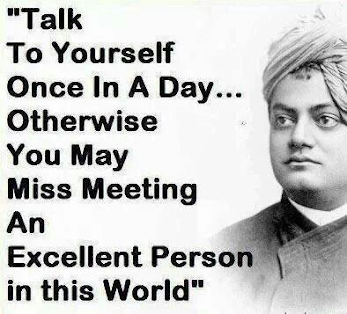International Cat Day, often referred to as World Cat Day, is an annual
celebration dedicated to cats and observed on August 8th each year. It
is a day for cat lovers and enthusiasts worldwide to come together and
celebrate the companionship, beauty, and uniqueness of these beloved feline
creatures. The day aims to raise awareness about cat welfare, promote
responsible pet ownership, and highlight the importance of treating cats with
kindness and respect.
Here are some key points about International Cat Day:
Celebration: The day is celebrated through various means,
such as sharing cat-related content on social media platforms, organizing
events and activities focused on cats, and advocating for the well-being of
both domestic and wild cats.
Promoting Adoption: Many animal shelters and rescue
organizations take advantage of International Cat Day to promote cat adoption
and encourage people to consider adopting cats from shelters. The day helps
raise awareness about the large number of cats in need of loving homes.
Cat Welfare: International Cat Day is an opportunity to
discuss and address issues related to cat welfare, including proper care,
health, nutrition, and the prevention of cruelty to cats.
Cultural Significance: Cats hold cultural significance in
various societies and have been revered, admired, and even worshipped in
different cultures throughout history. International Cat Day acknowledges the
impact of cats on human culture and highlights their special place in our
lives.
Global Participation: International Cat Day is celebrated in
many countries around the world, and its popularity has grown over the years
due to social media and online communities.
Awareness Campaigns: Organizations and individuals often use
the day to raise awareness about issues affecting cats, such as overpopulation,
habitat loss for wild cats, and the importance of spaying and neutering to
control feral cat populations.
Cat-Related Events: Depending on the location and local
organizations, there may be events such as cat-themed fairs, adoption drives,
educational workshops, and fundraising initiatives dedicated to cats.
Remember, International Cat Day is not only about celebrating
the cats in our lives but also about promoting their well-being and advocating
for a better world for all cats, whether they're domestic pets or wild animals.
It's a day to recognize the unique and special relationship humans share with
these fascinating and often mysterious creatures.











